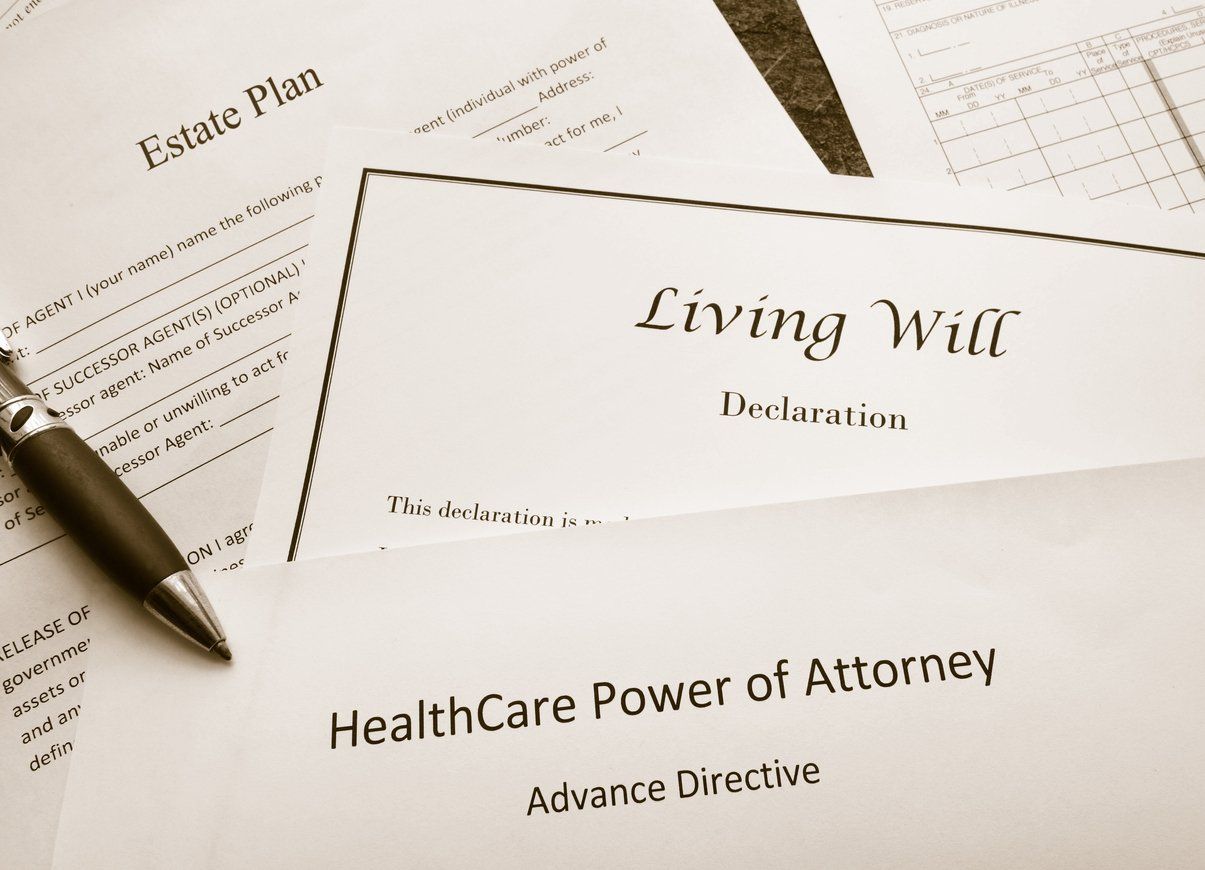Estate Planning – So Much Better than GPS
I like GPS, and I use it most of the time, but I also need that assurance of the road signs. We all know that GPS can sometimes land us in the middle of an open field, lost, frustrated, and let down. Estate planning can save the ones you leave behind that lost, frustrated, and let down feeling. Today, we will take the next step in your wealth management training to look at some of the basics of estate planning and advice on how to go about working jointly with an estate attorney and your financial advisor to plan ahead, thus making the journey much clearer and easier, for those you love.
What Is Estate Planning?
Estate planning is the systematic approach to organizing your personal and financial affairs in order to deal with the possibility of mental incapacity and the certainty of death.
Mortality is not a subject on which most people want to focus, but without a proper estate plan to address issues relating to mental or physical incapacity and death, you could give your loved ones unneeded headaches and unnecessary costs relating to handling your estate.
An adequate estate plan must ensure that your assets are properly used to support you during life, ensure that your remaining assets are distributed according to your wishes at death, and must be structured so that you can implement your plan in order to minimize fees, costs, and taxes.
Depending on the size of your estate and personal situation, estate planning will generally follow either a will-based plan or a trust-based plan approach.
A will-based plan tells the probate court how you want your assets distributed after your death. It names whom you want to have your assets pass to and how you want them distributed. Since the probate court oversees the process, it is open to the public.
A trust-based plan includes a revocable living trust and is suitable for high-net-worth individuals and those who want privacy and more control over how their assets are distributed. This trust holds the title to your assets during your lifetime and transfers them to your named beneficiaries upon your death outside the probate process.
This plan requires more up-front work, but if you are a high-net-worth individual, it can help you reduce estate administration costs, provide privacy, and potentially lower your tax liability after your death.
Let’s look at each type of plan in more detail.
Will-Based Estate Planning
In most states, will-based estate planning would include three essential legal documents: last will and testament, health care directive, and durable power of attorney.
The laws of your state may dictate the need for other estate planning documents. If this is the case, your estate attorney will be able to assist you in preparing all of the estate planning documents that you will need.
LAST WILL AND TESTAMENT
Your last will and testament, or simply your will, is a legal document that ensures that your money, property, and personal belongings will be distributed as you wish after your death. The law doesn’t require that you have a will, but if you die without one, your resident state will divide your property based on state laws (called “intestacy”).
If you have a spouse and children, the property will go to them by a set formula; if not, the property will descend in the following order: grandchildren, parents, brothers and sisters, or more distant relatives.
If you want to leave a property to a friend or a charity, you will definitely need a will. You also need a will if you want to prevent someone from inheriting some of your money.
You can name a guardian for your minor children in your will. This guardian must be someone over eighteen who is willing to assume this responsibility.
Your will also names a personal representative, also known as an executor or administrator. This person oversees the payment of your debt and distribution of your assets according to your will. A personal representative is considered a fiduciary and must observe a high standard of care when dealing with your estate.
Most people choose their spouse and adult child or relative, a friend, a trust company, or an attorney to fulfill this duty, but any competent adult can be named a personal representative in a will. Since your personal representative will handle your assets, you should always pick someone you trust. Your personal representative is responsible for starting the probate process and filing tax returns.
Probate is the legal process of settling your estate in court after you die. The process begins by filing an application or petition with the probate court and ends when all debts and taxes are paid, and all assets are distributed. During the process, your property is gathered and inventoried, your debts are paid, and everything left over is divided among your beneficiaries.
As we conclude this blog and the series on tax strategies to maximize savings, I want you to remember that tax planning is not just for tax season. You don’t do some planning and forget about it. It’s important to think about tax planning in the same way you think about investing.
The idea of meticulous planning, building on this plan, creating an investment strategy, and executing and monitoring it also applies to tax planning. This is particularly important when there are major changes in tax laws.
Ask yourself, what type of tax planning you have done this year with the tax CPA on your dream team . If you don’t have a tax CPA on your team, you’ll need to have basic knowledge and keep up with tax laws so as not to overpay your taxes.
Second, ask yourself what your federal marginal tax rate was last year, and identify how much more taxable income you can earn before you reach your next tax bracket.
Review and identify two actions you can take now to potentially improve your tax situation next year and into the future.
Remember, tax planning is not only for April. It means all-year-round planning and even multiyear tax planning using projection tools.
I know reviewing these tax strategies may have felt like a long race for you. Thank you for pushing through and absorbing all my tips and strategies. I encourage you to take one step at a time, or like in a marathon, one mile at a time. Your finish line equals maximizing your tax savings.
Have any of you ever run a marathon? What was the hardest mile for you? Let me know below.
Next time I will introduce a new topic, estate planning. I know it might sound unpleasant, but I promise to shed much light on the subject.













